
Protecting yourself and your partner
Protecting Yourself and Your Partner: A Comprehensive Guide to Estate Planning in New York At Morgan Legal Group, we understand the complexities involved in safeguarding


Home » Blog

Protecting Yourself and Your Partner: A Comprehensive Guide to Estate Planning in New York At Morgan Legal Group, we understand the complexities involved in safeguarding

Top 10 Things NYC Residents Need to Know About Estate Planning Often perceived as complex or daunting, estate planning is fundamentally about ensuring your wishes

Becoming Digitally Savvy: How Digital Assets Factor into Your NYC Estate Plan In our increasingly interconnected world, our lives extend far beyond the tangible. Indeed,
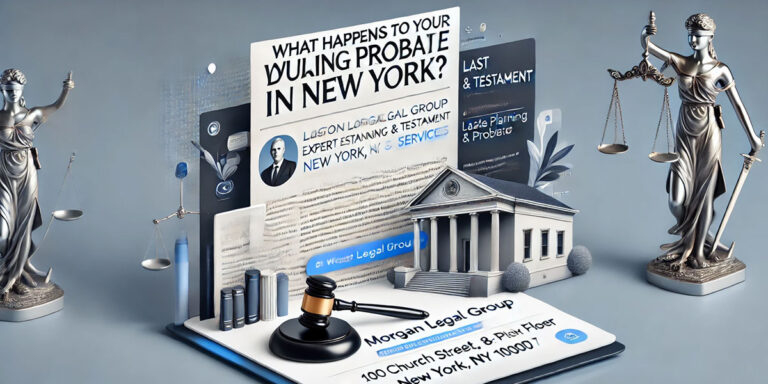
Unlocking the Mystery: What Happens to Your Will During Probate in New York? For many New Yorkers, the creation of a will represents a crucial

Why a Living Will Matters in NYC: Your 2025 Guide As we move further into 2025, advanced healthcare planning has become more critical than ever,

Medicaid Trusts in NYC: Safeguarding Your Assets from Long-Term Care Costs For residents of New York City, planning for long-term care is a critical component
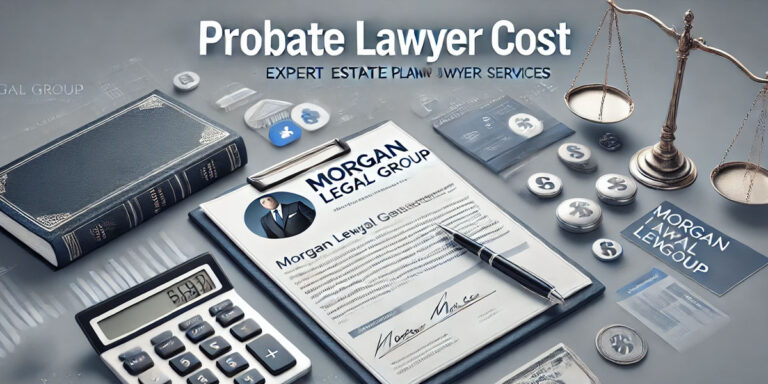
Understanding Probate Lawyer Costs in NYC: A Clear Guide When facing the daunting task of estate administration in New York City, one of the first
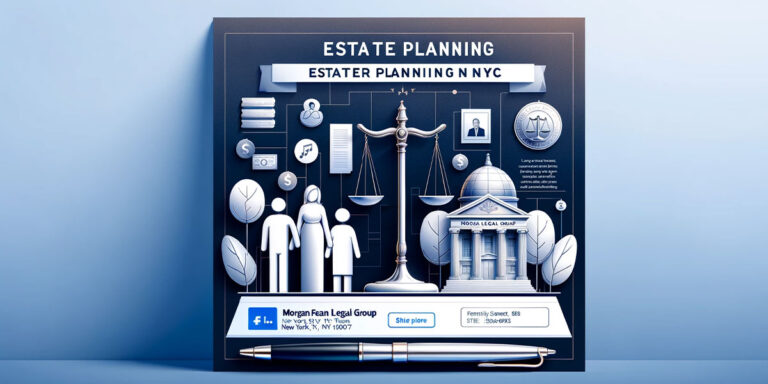
Estate Planning in NYC: A Comprehensive Guide For New York City residents, estate planning is not merely a suggestion but a necessity. Indeed, living in

Estate Planning Strategies Inspired by Jeff Bezos Jeff Bezos’ Estate Planning Vision Jeff Bezos, the billionaire founder of Amazon, has expressed his intent to donate
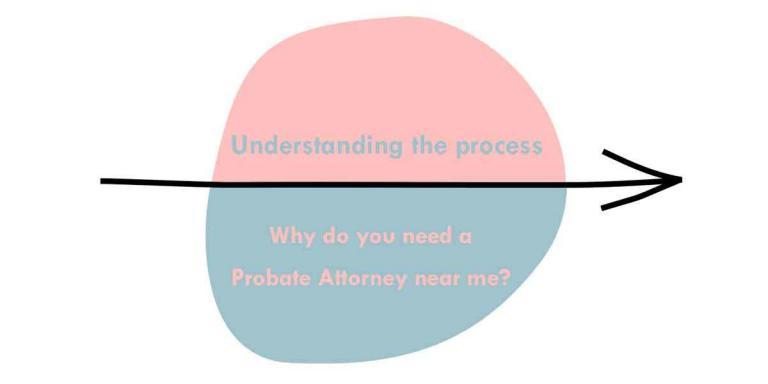
Navigating NYC Probate: Why You Need a Probate Attorney Losing a loved one is an emotionally challenging experience. Furthermore, the process can quickly become overwhelming

Living Trusts in NYC: Your Expert Guide For New York City residents, planning for the future and securing your legacy is critical. Estate planning, therefore,

New York Trusts: Your Guide to Asset Protection and Probate Avoidance Securing your legacy and ensuring its smooth transition to your loved ones is paramount

Securing Your Digital Legacy: Digital Estate Planning in New York In today’s increasingly digital world, our lives extend far beyond the physical realm. We conduct

Safeguarding Your Assets: A Comprehensive Guide to Medicaid Asset Protection Trusts in New York for 2025 Preparing for long-term care can be an overwhelming process
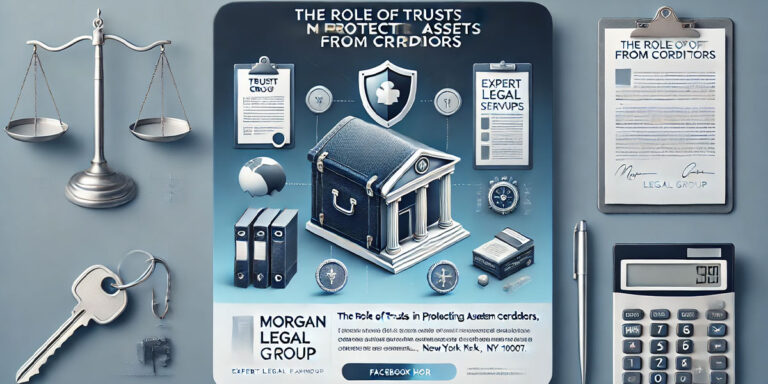
The Role of Trusts in Protecting Assets from Creditors: A New York Guide to Financial Security As experienced asset protection attorneys at Morgan Legal Group,

Preparing for Potential Changes in Estate Tax Laws Post-Election: A New York Guide to Adaptable Planning As seasoned estate planning attorneys at Morgan Legal Group,

Planning for Digital Assets in Your Estate: A Comprehensive Guide for New Yorkers As experienced estate planning attorneys at Morgan Legal Group, we recognize that

The HEMS Standard: Guiding Trust Distributions and Protecting Beneficiaries in New York As experienced estate planning attorneys at Morgan Legal Group, we understand the vital

Strategic Gifting: Reducing Taxable Estates and Benefiting Heirs in New York As experienced estate planning attorneys at Morgan Legal Group, we understand the importance of

Living Trusts in Queens: Protecting Your Legacy in New York For Queens, New York residents, planning for the future is a significant responsibility. A “living

Incorporating Charitable Giving into Estate Plans: A Guide for New York Residents As experienced estate planning attorneys at Morgan Legal Group, we understand that estate

Navigating Your Legacy: Expert Estate Planning in New York City Indeed, securing your future and the well-being of your loved ones requires a thoughtful and

Utilizing Purpose Trusts for Business Succession: A New York Guide to Preserving Your Legacy As experienced estate planning attorneys at Morgan Legal Group, we recognize

Unlocking the Benefits: Why New Yorkers Choose Revocable Living Trusts As dedicated estate planning attorneys at Morgan Legal Group, we’ve witnessed firsthand the transformative power

Estate Planning Guide 2025: A Comprehensive Resource for New York Residents As we approach 2025, the need for a solid and comprehensive estate plan becomes

Advantages of Establishing Revocable Living Trusts in New York: A Comprehensive Guide As seasoned estate planning attorneys at Morgan Legal Group, we understand that planning
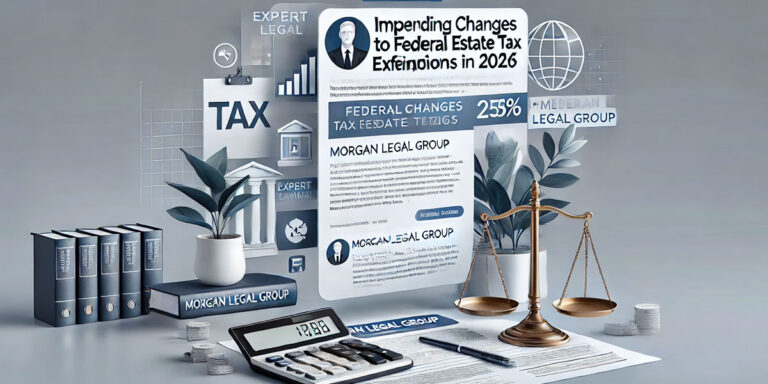
Impending Changes to Federal Estate Tax Exemptions in 2026: A Guide for New York Residents As we move closer to 2026, New York residents need

Utilizing Life Insurance in Estate Planning Amid 2025 Tax Changes: A New York Perspective As experienced estate planning attorneys at Morgan Legal Group, we understand

Estate Planning for Digital Assets in 2025: Navigating the Online World in New York As seasoned estate planning attorneys at Morgan Legal Group, we recognize

The Role of Revocable Living Trusts in 2025 Estate Planning: A New York Perspective As seasoned estate planning attorneys at Morgan Legal Group, we understand
Ⓒ 2025 - All Rights Are Reserved | Privacy Policy | Estate Planning Attorney NYC | Sitemap